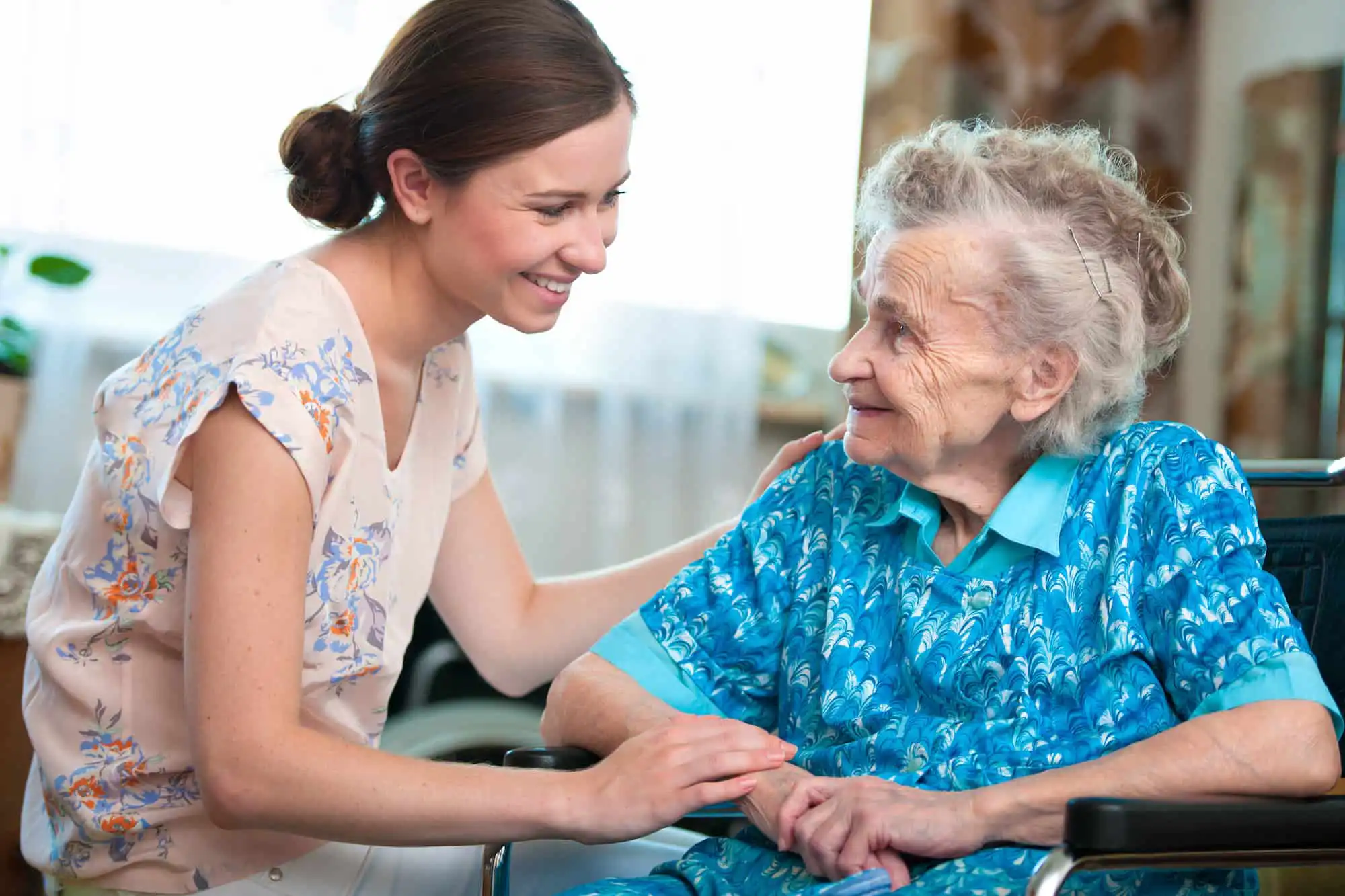Aging is a natural part of life, yet society often treats it as something to fear or avoid. Ageism—the discrimination or stereotyping of people based on age—affects millions, particularly older adults. It’s not just a social issue; it has real consequences for health, well-being, and even the economy.
So, what exactly does ageism look like? It’s the older job applicant passed over for a younger candidate, the grandparent dismissed in family conversations, the doctor assuming a patient’s symptoms are “just part of aging.” These subtle (and sometimes not-so-subtle) messages can add up, impacting both individuals and society as a whole.
The Hidden Toll of Ageism
Many don’t realize just how deeply ageism can affect physical and mental health. Studies show that when people internalize negative views about aging, it can actually shorten their lifespan. The body listens to the mind—if we’re told over and over that aging means decline, we start to believe it.
Health Consequences
- Slower recovery from illness or injuries. People who feel dismissed may not seek care as quickly or may not follow through with treatment.
- Harm to overall wellness, including sexual and reproductive health. The outdated idea that intimacy fades with age can discourage healthy relationships.
- Higher risk of unhealthy habits. Older adults who feel undervalued may be less likely to maintain good nutrition, exercise, or quit smoking.
Emotional and Social Impact
- Increased risk of depression and anxiety. Feeling invisible or “past your prime” can lead to deep emotional distress.
- Greater social isolation. When older adults are excluded—whether from workplaces, conversations, or community events—they’re more likely to experience loneliness, which has been linked to serious health risks like heart disease and dementia.
The Bigger Picture: Ageism Weakens Society
Beyond personal well-being, ageism has a ripple effect on society. When older workers are pushed out of jobs, businesses lose experience and knowledge. When healthcare providers overlook the needs of older patients, long-term medical costs rise. And when people assume aging equals decline, we all lose out on the contributions, wisdom, and potential of older generations.
The truth is, ageism isn’t just an issue for the elderly—it’s a loss for everyone.
What Can We Do?
The good news? Ageism is learned, which means it can be unlearned. It starts with shifting how we think about aging—seeing it not as a decline, but as a different stage of growth.
- Challenge stereotypes. Aging isn’t about fading away—it’s about adapting, learning, and continuing to contribute.
- Speak up. When you hear an ageist comment, question it. Small moments of awareness can change perspectives.
- Encourage intergenerational connections. When younger and older generations engage with each other, outdated assumptions start to break down.
Aging should be something we embrace, not something we dread. By shifting our mindset, we can create a world where people of all ages feel valued, included, and empowered.
Because in the end, aging isn’t the problem—ageism is. Get in touch today to get involved!

